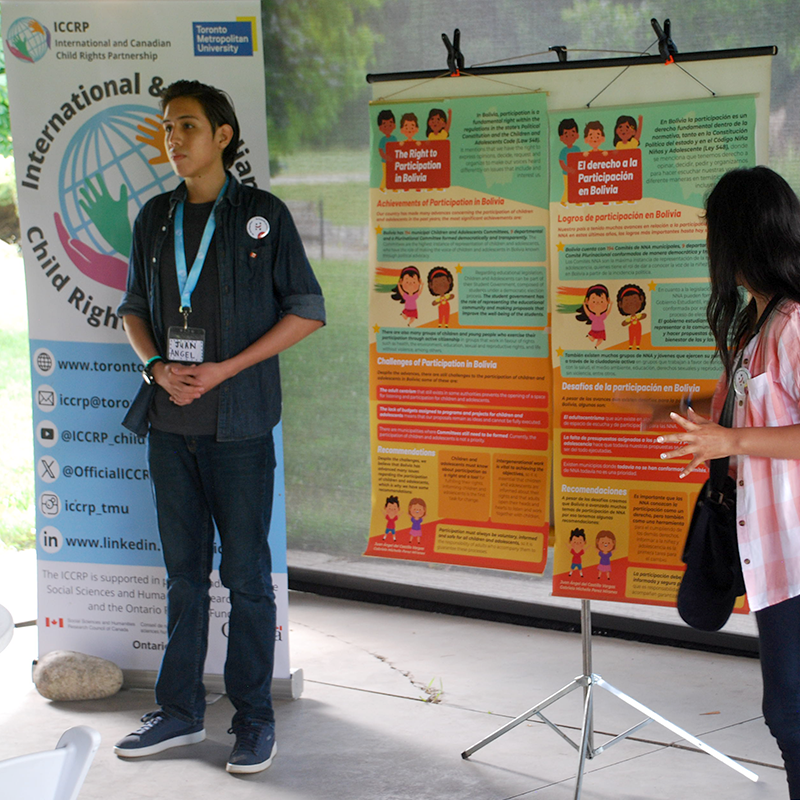
Intergenerational Relationships at the Heart of Child Rights
The International and Canadian Child Rights Partnership (ICCRP) is a global initiative dedicated to advancing children’s rights through the power of intergenerational relationships. y bringing together partners from research, practice, and advocacy, the ICCRP examines how children and adults can collaborate meaningfully in shaping the policies and systems that affect children’s lives.
The Learning for Well-being Foundation contributes to this 7-year project through active participation in workgroups and by sharing Act2gether as a case study of effective intergenerational partnership in action.
Despite growing global commitments to children’s rights, many structural and relational barriers still prevent young people from exercising those rights fully. In particular, children often face:
As a result, participation may exist in principle but remain weak in practice. In response, the ICCRP centres intergenerational relationships built on mutual respect, reciprocity, and shared responsibility. By doing so, it reframes participation as shared leadership rather than consultation.
The ICCRP applies an intergenerational lens to research, advocacy, and policy. Rather than studying children as subjects, the partnership works with them as co-creators.
Specifically, the ICCRP:
Through reciprocal learning, the partnership develops new frameworks that centre children’s agency in both research and decision-making.
Beyond research, the ICCRP strengthens intergenerational practice across multiple systems.
For example, it:
In this way, intergenerational partnership becomes embedded in governance and programme design, not added as an afterthought.
The Learning for Well-being Foundation reinforces this work by contributing to strategic dialogues and sharing real-world practice from youth-led initiatives.
Ultimately, the ICCRP seeks to transform how child rights are implemented globally.
Its long-term contributions include:
As the partnership evolves, it continues to demonstrate that intergenerational collaboration is not optional but essential to equitable and sustainable child rights systems.
For the Learning for Well-being Foundation, participation in the ICCRP reflects a shared commitment: reimagining child rights implementation as a genuinely collaborative process that values every voice.